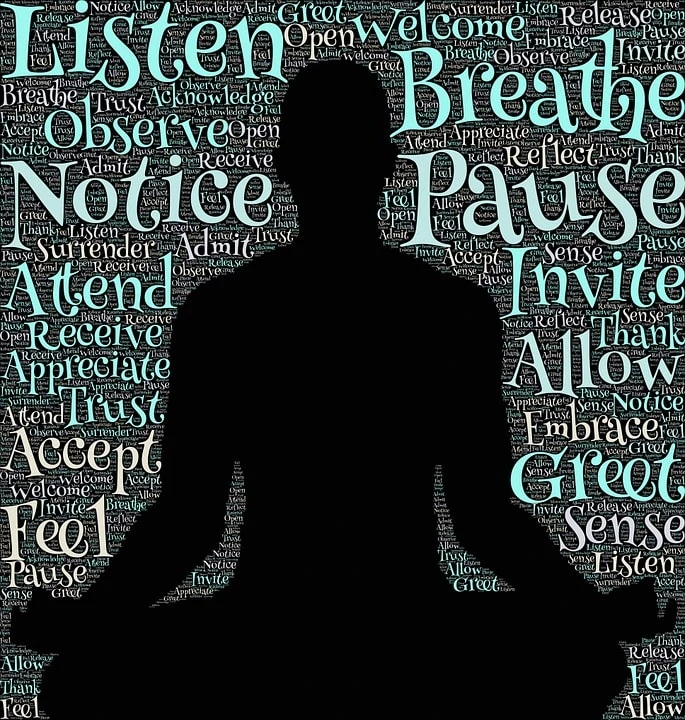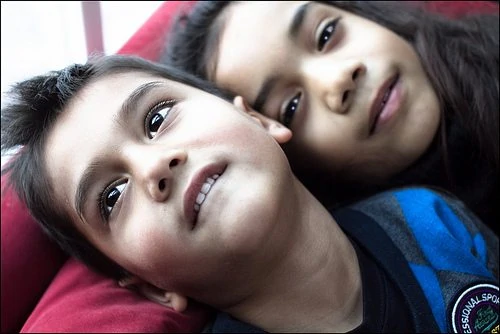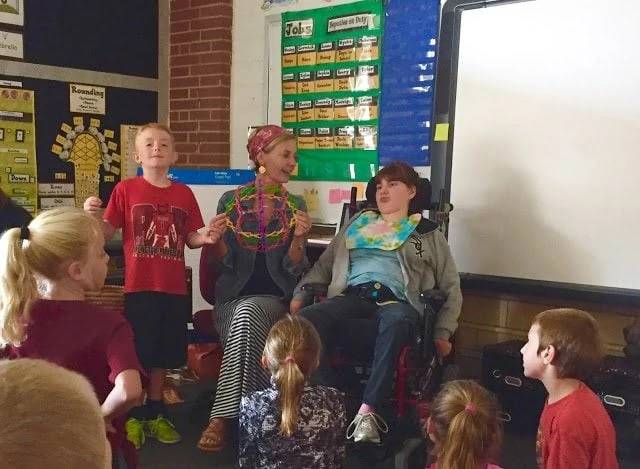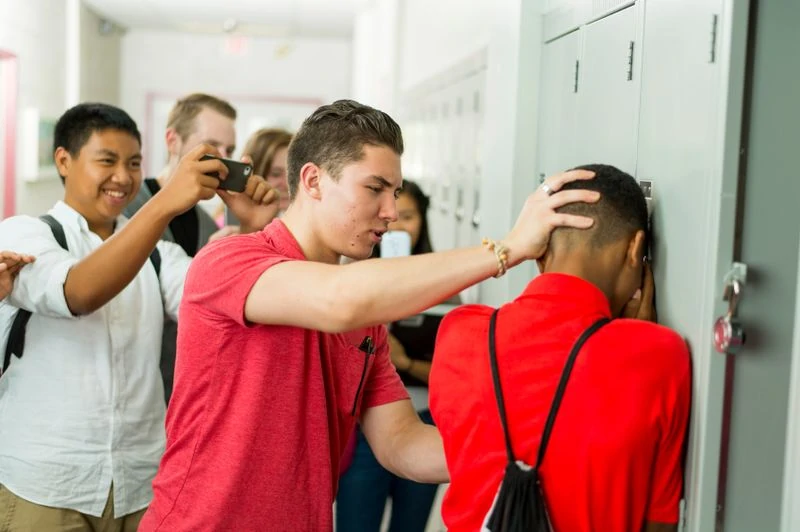By Lynea Gillen

In fact, according to a recent report from the Robert Wood Johnson Foundation and the Prevention Research Center at Penn State, almost half of all teachers report high daily stress. Nearly half leave the profession within their first five years because of it.
And it’s not just the stressed-out teacher who suffers. Student performance suffers, as well – academically and socially.
An Antidote to Teacher Burnout
As we’ve noted before, there is plenty that we can do to become more resilient in the face of such stress, as well as address the needs of our students. Mindfulness is where it begins.
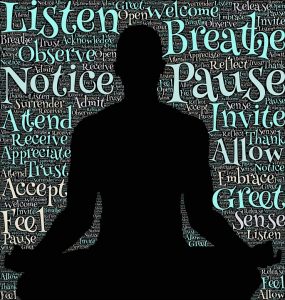
“Neuroscience,” the authors of this 2012 study go on to say, “offers insights into how and why mindfulness training may offer such support.”
Two decades of neuroscientific, medical, and psychological research with adults provide accumulating evidence that, like other individuals, teachers can benefit personally and professionally from the reflective discipline of mindfulness. While this discipline is grounded in attention and awareness, its researched effects are wide-ranging and involve measurable physiological and psychological benefits through a reduction in stress physiology and through measurable changes in the function and structure of diverse areas of the brain.
Other research has found that mindfulness, like yoga in general, not only promotes better self-regulation but also more positive emotional states, which bring their own mental and physical benefits, as well.
Unsurprisingly, this has been shown to have a positive impact on teacher retention – less burnout, more successful classrooms.
We hear this consistently from teachers who learn Yoga Calm – how they find themselves and their teaching revitalized through the yoga and mindfulness practice. And it gives them the tools and techniques they need to support their own students’ physical and emotional health, creating calmer, more harmonious classrooms, improved behavior, and enhanced academic performance.
Those kinds of achievements do wonders for lowering stress, too.
A Simple Mindfulness Tool

Whenever you’re under a great deal of stress, it’s easy to get stuck on a negative channel. So when I worked with teens, I would ask them what channel they had their minds on during the day. Did they focus on fear or could they shift into more positive thoughts?
What happens when they change the channel?
We developed our Mindful Moment cards to help children practice changing the channel. Every morning, we would shift our minds to a positive memory, a thought about our lives, or a vision for the future. And in our new mindfulness courses for educators (see the end of this post), we similarly explore how energy follows attention and how our recurring “self-talk” and mental conditioning can color our perception of the world.
It’s not about avoiding difficult situations or distracting ourselves but about bringing ourselves back to the gifts of the present moment and developing compassion and understanding for ourselves.
Of course, that’s why most of us are in the teaching profession in the first place, to be with our students in a compassionate and loving way.
In response to teacher needs, we have partnered with Portland’s Peace in Schools program, which created the first for-credit high school mindfulness program in the country. Our three new Mindfulness for Educators courses with them are specifically designed to help you with your stress as you learn mindfulness as a personal practice and pedagogical tool
- Mindfulness & The Brain (12-hour online course)
- Mindfulness for Educators: An Introductory Weekend, March 4 – 5, 2017, Portland OR
- Mindful Teaching: An Experiential 8-Week Course for Educators, March 30 – May 18, 2017, Portland, OR
To get word on when registration opens for the live, in-person courses, as well as info on other events and resources, subscribe to our free weekly newsletter – or connect with us on Facebook or Twitter!

